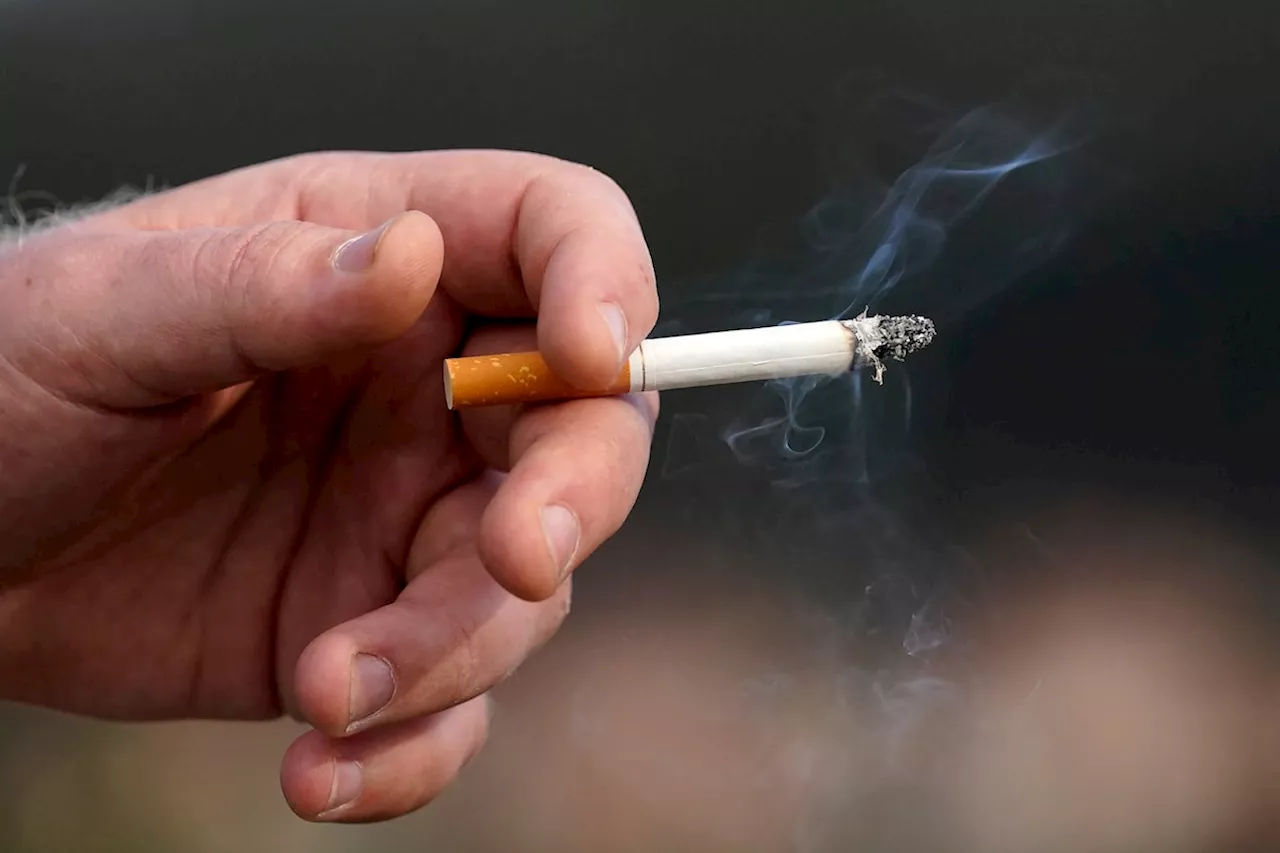The U.S. Food and Drug Administration (FDA) proposed a groundbreaking rule to significantly reduce nicotine levels in cigarettes, aiming to curb addiction and save lives. However, the proposal faces an uphill battle, encountering obstacles from both the tobacco industry and the incoming Trump administration.
Smoking causes more than 480,000 deaths in the U.S. each year due to cancer, heart disease, stroke, and other smoking-related illnesses. U.S. officials on Wednesday released a comprehensive proposal to make cigarettes less addictive by capping their nicotine content, a goal long sought by anti-smoking advocates that faces significant hurdles before implementation.
The proposed rule from the Food and Drug Administration (FDA) comes in the final days of President Joe Biden’s term, greatly reducing the likelihood that it will actually be enacted. President-elect Donald Trump and his health nominees have not commented on the measure. A similar effort led by Trump’s first FDA commissioner, Dr. Scott Gottlieb, was sidelined during his first term. Trump’s health secretary nominee, Robert F. Kennedy Jr., has said little about how regulating tobacco fits into his plans to overhaul the government’s approach to fighting chronic disease. Even if the effort moves forward under Trump, tobacco companies like Reynolds American and Altria are almost certain to challenge it in court, delaying implementation. The FDA has spent years studying the issue and said Wednesday that reducing nicotine would help nearly 13 million current smokers quit cigarettes within one year. Roughly 48 million more young people would never take up the habit because cigarettes would essentially become nonaddictive, according to agency projections. “This action, if finalized, could save many lives and dramatically reduce the burden of severe illness and disability, while also saving huge amounts of money,” FDA Commissioner Robert Califf said in a statement. Under the agency’s plan, nicotine in cigarettes would be capped at levels that “could no longer create and sustain this addiction among people who smoke.” Companies would have years to reformulate their products after publication of a final regulation. The agency posted its 334-page proposal online Wednesday morning and said it will take public comments for nine months before taking any further steps. Anti-smoking advocates overwhelmingly back the idea and urged Kennedy to help implement it, if he is confirmed. “Tobacco regulation is a huge part of reaching the goals he’s outlined for reducing chronic disease and a really important part of the conversation we need to have in this country,” said Chrissie Juliano of the Big Cities Health Coalition, which represents the heads of more than 30 metropolitan health departments. Smoking causes more than 480,000 U.S. deaths each year due to cancer, heart disease, stroke, and other smoking-related illnesses. Those conditions often take decades to develop and remain elevated today despite ongoing declines in smoking among adults and teenagers. The idea of limiting nicotine has its roots in sweeping powers given to the FDA by Congress in 2009 to regulate the tobacco industry. But the FDA’s efforts on nicotine and a host of other tobacco measures – such as adding graphic warning labels to cigarette packs – have been hampered for years by tobacco industry lawsuits. Under the law, the agency can regulate nicotine but cannot remove it completely. The limits on nicotine proposed Wednesday would apply to cigarettes, cigars, and pipe tobacco, but not electronic cigarettes and other lower-risk products. While many e-cigarettes have not undergone extensive testing, the FDA has endorsed several major brands, including NJOY and Vuse, as less harmful alternatives for smokers. Currently, there are no U.S. limits on nicotine, which occurs naturally in tobacco plants. There are several techniques for removing it, including chemical extraction and cross-breeding plants. The latest FDA announcement comes as smoking in the U.S. continues to fall. Last year, the smoking rate hit another all-time low of just 1 in 9 adults saying they currently smoke. Low-nicotine cigarettes are not a new idea. Several companies, including Philip Morris, experimented with selling the products during the 1980s and 1990s, without much success. In 2019, the FDA authorized a cigarette that contains 95% less nicotine than standard cigarettes. The FDA has sponsored studies showing that when smokers switch to very low nicotine cigarettes they smoke less and are more likely to try quitting. That research is considered pivotal to establishing that smokers won’t compensate by just smoking more cigarettes or inhaling more deeply. That was sometimes the case with “light” and “low tar” cigarettes marketed in decades past. Those products were subsequently banned as misleading
NICOTINE TOBACCO FDA SMOKING HEALTH REGULATION ADDICTION
Canada Latest News, Canada Headlines
Similar News:You can also read news stories similar to this one that we have collected from other news sources.
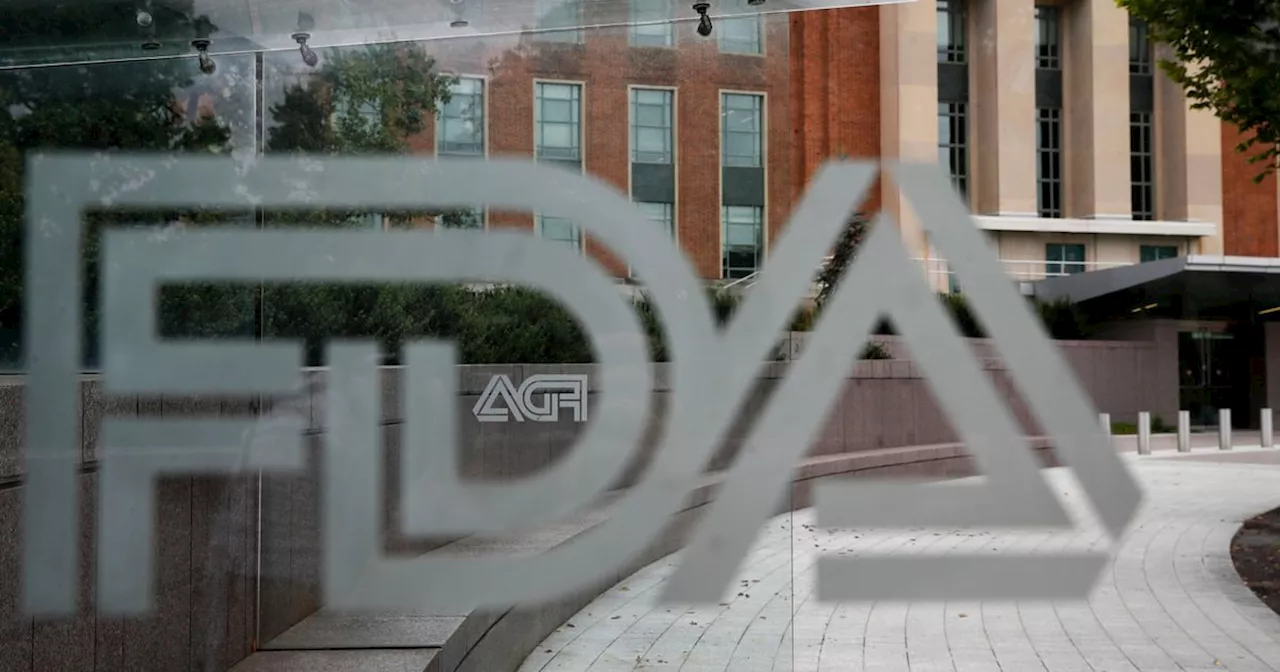 FDA Proposes New Testing Rules To Ensure Cosmetics Are Asbestos-FreeThe proposal follows years of lawsuits against Johnson & Johnson and other companies alleging links between talc-based baby powder and cancer.
FDA Proposes New Testing Rules To Ensure Cosmetics Are Asbestos-FreeThe proposal follows years of lawsuits against Johnson & Johnson and other companies alleging links between talc-based baby powder and cancer.
Read more »
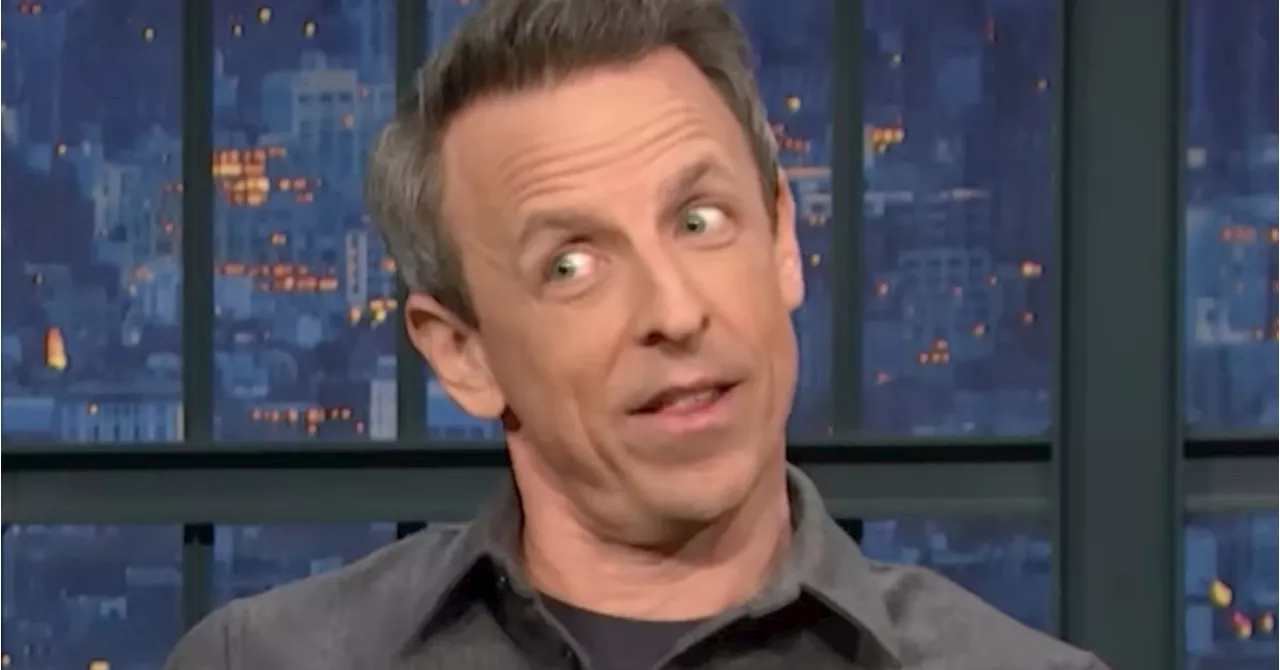 Bannon Proposes Trump '28 Run, Citing 'Obvious Troll'Steve Bannon jokingly suggested Donald Trump run for president in 2028, calling it an 'obvious troll'. This comment came during an appearance at the New York Young Republican Club Gala, sparking comparisons to humorous but inappropriate propositions.
Bannon Proposes Trump '28 Run, Citing 'Obvious Troll'Steve Bannon jokingly suggested Donald Trump run for president in 2028, calling it an 'obvious troll'. This comment came during an appearance at the New York Young Republican Club Gala, sparking comparisons to humorous but inappropriate propositions.
Read more »
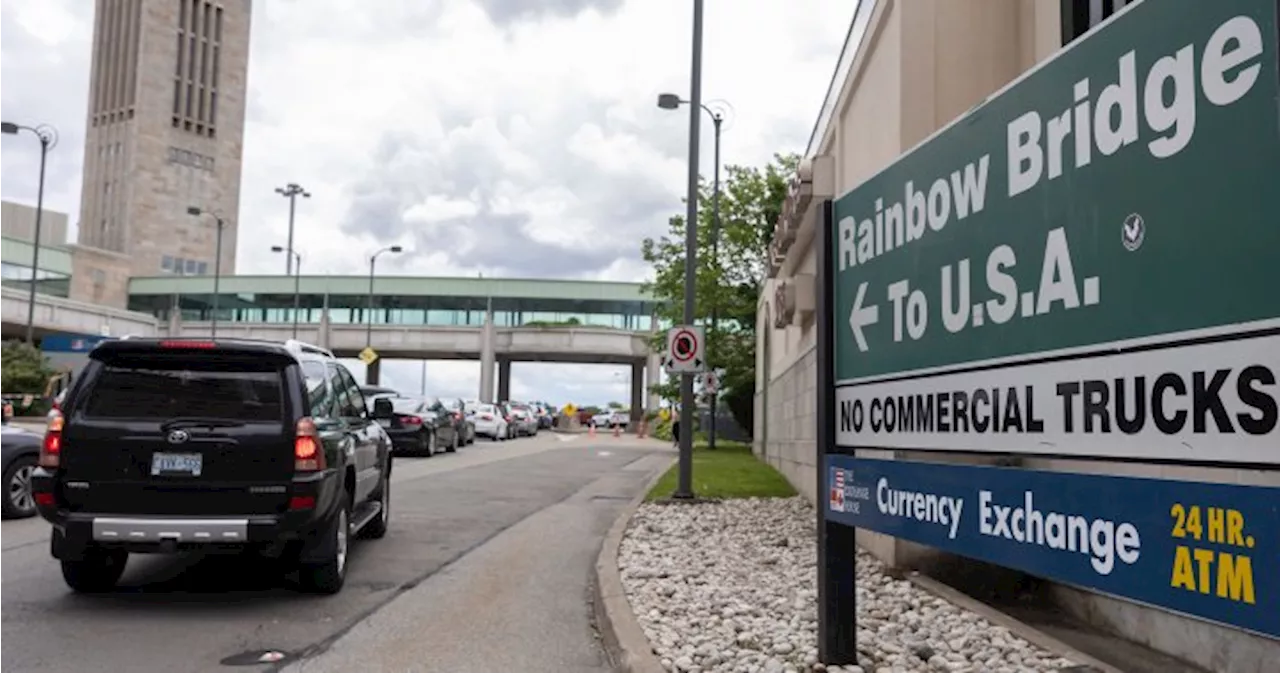 Canada Proposes Border Security Measures Amidst Trump PressureThe Canadian government is planning several initiatives to enhance border security with the U.S., responding to demands from President-elect Donald Trump. These include a joint strike force, around-the-clock aerial surveillance, expanded mandate for the Canada Border Services Agency, and increased information sharing with the U.S. about sex offenders. Additionally, Canada aims to invest in new technologies and canine teams to detect illegal drugs at ports of entry.
Canada Proposes Border Security Measures Amidst Trump PressureThe Canadian government is planning several initiatives to enhance border security with the U.S., responding to demands from President-elect Donald Trump. These include a joint strike force, around-the-clock aerial surveillance, expanded mandate for the Canada Border Services Agency, and increased information sharing with the U.S. about sex offenders. Additionally, Canada aims to invest in new technologies and canine teams to detect illegal drugs at ports of entry.
Read more »
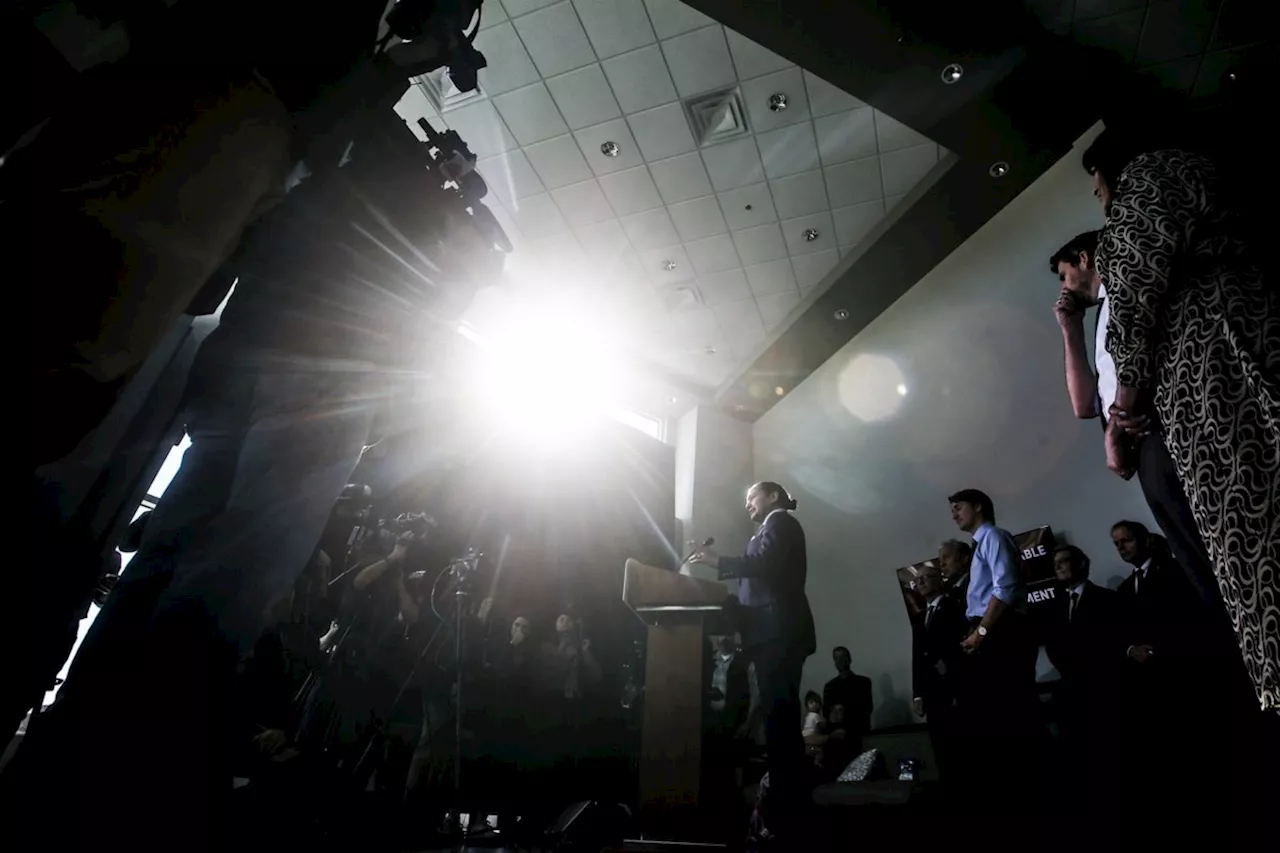 Manitoba Premier Proposes Aid for Trump-Triggered Economic UncertaintyManitoba Premier Wab Kinew hints at financial assistance for residents potentially impacted by tariffs and policies enacted by US President-elect Donald Trump. Kinew also pledges support for small businesses struggling due to the provincial government's property tax increase.
Manitoba Premier Proposes Aid for Trump-Triggered Economic UncertaintyManitoba Premier Wab Kinew hints at financial assistance for residents potentially impacted by tariffs and policies enacted by US President-elect Donald Trump. Kinew also pledges support for small businesses struggling due to the provincial government's property tax increase.
Read more »
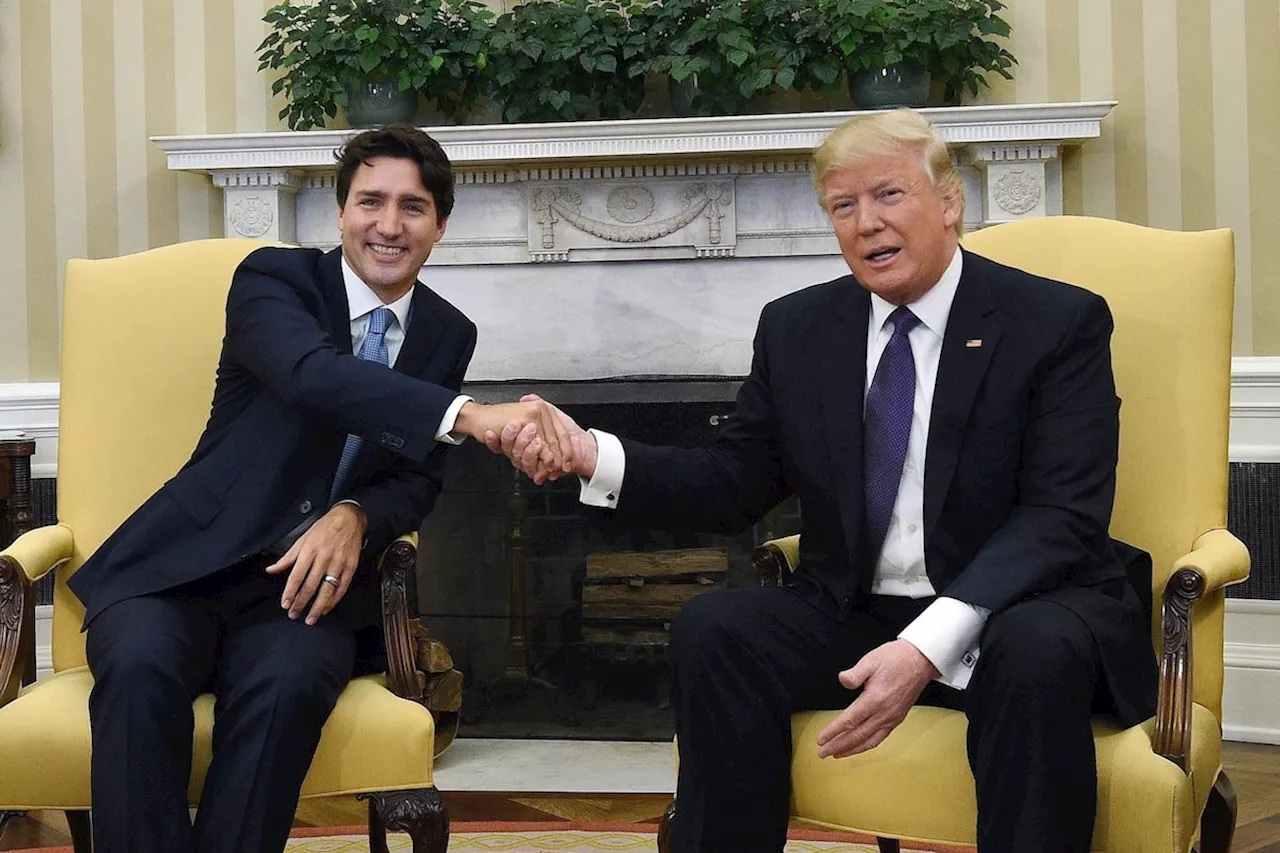 Trump Claims Credit for Trudeau's Resignation, Proposes Canadian AnnexationFormer U.S. President Donald Trump attributes Canadian Prime Minister Justin Trudeau's resignation to his stance on trade imbalances and suggests Canada should join the U.S. He cites economic benefits and security against Russia and China as reasons for annexation, despite a recent poll showing strong opposition among Canadians.
Trump Claims Credit for Trudeau's Resignation, Proposes Canadian AnnexationFormer U.S. President Donald Trump attributes Canadian Prime Minister Justin Trudeau's resignation to his stance on trade imbalances and suggests Canada should join the U.S. He cites economic benefits and security against Russia and China as reasons for annexation, despite a recent poll showing strong opposition among Canadians.
Read more »
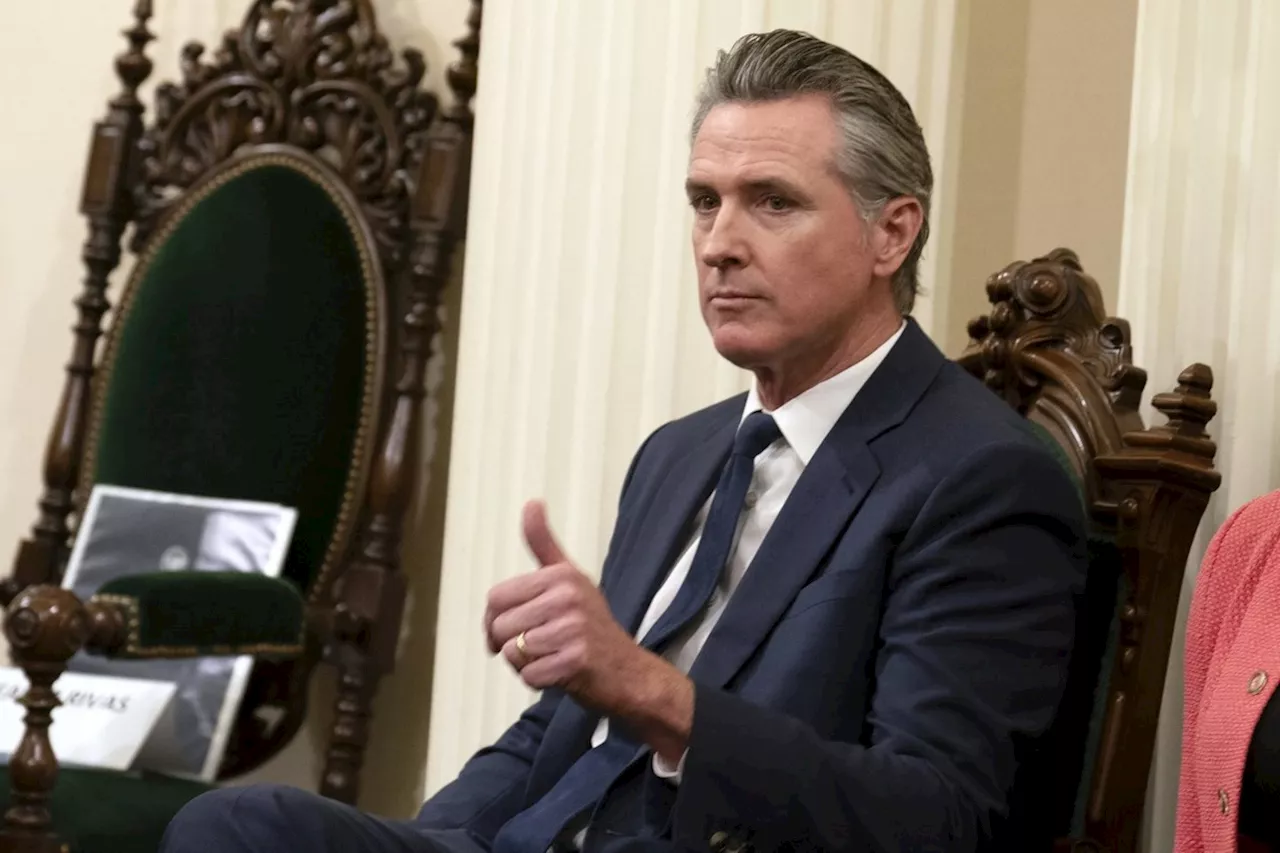 California Proposes $322 Billion Budget Awaiting Trump's Actions on Federal FundingCalifornia Gov. Gavin Newsom has proposed a $322 billion budget without a deficit, but it's largely a placeholder pending the outcome of President-elect Donald Trump's stance on federal funding. The budget's future hinges on whether Trump will follow through on threats to revoke billions in federal dollars, potentially forcing California lawmakers to make cuts to essential programs.
California Proposes $322 Billion Budget Awaiting Trump's Actions on Federal FundingCalifornia Gov. Gavin Newsom has proposed a $322 billion budget without a deficit, but it's largely a placeholder pending the outcome of President-elect Donald Trump's stance on federal funding. The budget's future hinges on whether Trump will follow through on threats to revoke billions in federal dollars, potentially forcing California lawmakers to make cuts to essential programs.
Read more »
